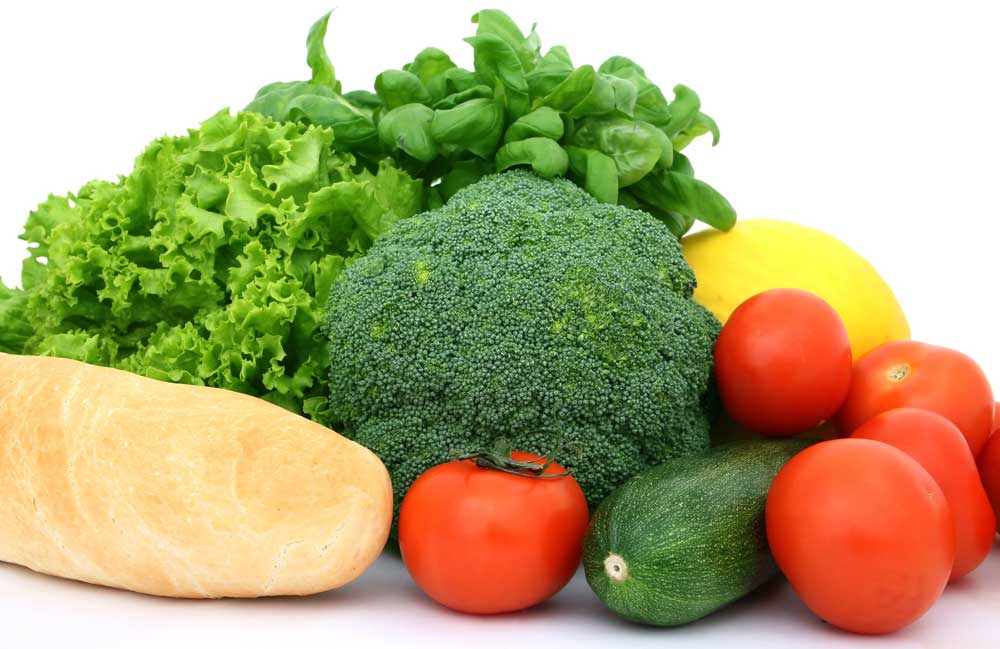Improving the quality of life in cancer survivors through nutrition
Improving the quality of life in cancer survivors through nutrition
13 Apr 2015In the stories involving foods that cause or prevent cancer, until now we couldn’t be sure of what is true or not. However, cancer survivors who try to find reliable nutritional information need accurate information on which foods can help them improve their quality of life and prevent future relapses.
A team of researchers at Bournemouth University, led by Dr Jane Murphy, are working with cancer nurse specialists to provide this support to them. By developing an e-learning tool for healthcare professionals, the team has created an innovative way of educating and empowering frontline staff to deliver reliable information about nutrition. The tool provides staff with accurate and evidence based nutritional information for cancer survivors.
A gap in accurate nutrition information
The tool is as user-friendly as possible and it has proved very beneficial for healthcare professionals. The content needed to be evidence-based, but delivered in an accessible way. In addition, the tool was not specifically designed for people who have had a cancer diagnosis, although cancer survivors themselves can still use it and benefit from it.

Thematic analysis of the results plus anecdotal evidence showed that before using the e-learning resource few healthcare professionals had received any training about nutrition for cancer survivors. Responses showed that being able to use Dr Murphy's tool left healthcare professionals feeling more empowered and confident about having an informed discussion with their patients.
A tool with great impact on the lives of cancer survivors
The use of evidence-based information was hugely important in the development of the tool. As Dr Murphy explained: "There is a lot of misinformation around food and nutrition. For cancer survivors, although there is a lot of information available, we cannot be sure that it is correct.” "For instance, it is very easy to find the wrong sorts of information through the internet.
Dr Murphy explains that the decision to publish open access was driven by a desire to see their research and online tool have the biggest possible impact on the lives of cancer survivors. The resource remains live and accessible on the Macmillan Cancer Support website and is being used and updated regularly.
Source: Science Daily